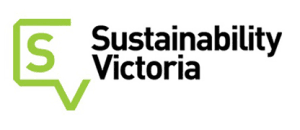Discover strategies, approaches, tips and tricks to integrate principles of circular economy into procurement, with thinking big and starting small, now, and right away!
Course Details:
📅 Date: March 3rd & 4th, 2025
⏲️ Time: 9:00 AM – 3:00 PM (Online)
Don’t wait. Drive sustainable change in your procurement strategy. Reserve your spot today!
















